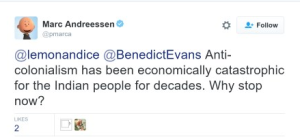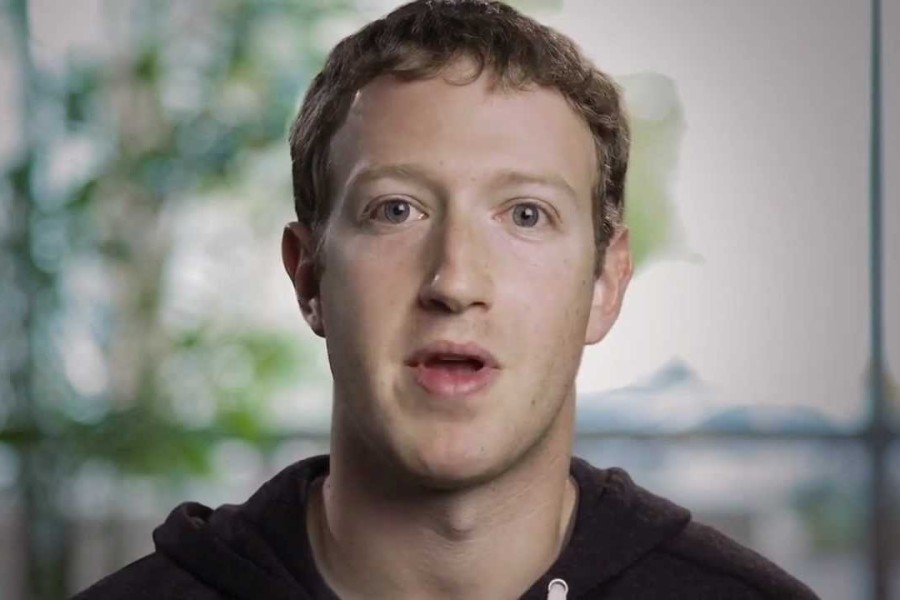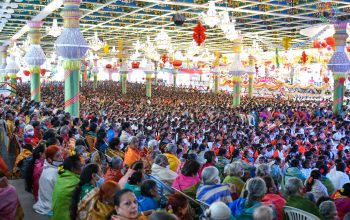With TRAI banning differential internet pricing this week, “net neutrality” a.k.a “net neutrality lobby” a.k.a “democracy” has won. “Free basics” a.k.a “some connectivity than none for the poor” a.k.a “Facebook’s hidden agenda” has lost. So to speak.
How did net neutrality or free basics come to get these aliases?
When Facbeook in partnership with Reliance Communications introduced the free basics program in February 2015 that lets subscribers browse select websites without having to pay for any data, it sparked off an intense debate that divided the community of internet users into two sides, one that is pro free-basics and the other that is pro net-neutrality.
Those who supported free basics argued that net neutrality is a narrow interest of the lobby that comprised website owners whose websites are not part of the free basics club. For example, if a particular search engine or a social media website or a job website or an e-commerce site can be browsed for free then other search engines or social media websites or job sites or e-commerce websites that need paid data to be browsed may lose traffic.
Those who supported net neutrality insisted that the web should be a level playing field and free basics is not democratic, rather it is a ploy by Facebook to get more users.
Supporters of free basics must admit that Facebook seemed to have switched to the defensive altruism pitch, “some connectivity than none for the poor,” only after the furore, because it’s original TV commercial has a different pitch and a different target audience – urban college students.
However, that the issue would get a “racism” angle to it was not something that the community had expected a year back. Which it did with Marc Andreeseen’s now deleted controversial tweet.

How many actually used free basics?
Free basics has (or “had”) one million users in India, which is virtually a small fraction of the 400 million internet users as of December 2015. So, the free basics program didn’t seem to have gained much traction. Empirically, one side had already lost and the other had already won, irrespective of the TRAI decision.
Is everything else neutral?
What one fails to understand amid these one-year long discussions and conversations is why does neutrality apply only to the internet? Counterexamples to the net neutrality logic are all over the place. Here are a few where the playing field is far from level and the policy is far from neutral, and nobody is even grimmacing let alone crying foul.
1. Native advertising is not a neutral concept. This includes search engine ads, sponsored social media updates, sponsored blog posts, advertorials. Those businesses that can pay for it get more impressions than those who can’t or don’t. Even among sponsored posts, those who have a bigger advertising budget get more impressions than those who have a smaller one.
2. Traditional advertising is not neutral. Look at newspaper ads, for example. Those businesses that can afford to advertise have an edge over those that can’t. Those businesses that can afford half-page or full-page ads are more advantaged that those that can only afford a ‘one column x 5 cm’ ad or just a classified ad.
3. There are many SaaS products and online tools that offer free basics, while their competition may not.
Consumers are already paying premiums to enjoy faster cars or more leg room on a plane or to use premium features on software products. In “freemium” pricing models, free basics only help pull people in. Eventually they have to upgrade to premium packages just as most users of Facebook’s free basics program did.
In the light of all this, and also considering the low number of takers for the free basics program, net neutrality looks like a non-issue blown disproportionately out of proportion (tautology intended). Much like the Shakespearean play – Much ado about nothing. The dramatis personae – Facebook, Reliance Communications, the media, TRAI and internet users with commendable debating skills. Effectively, nobody won and nobody lost.
Some popular tweets in reaction to the TRAI decision
@rameshsrivats – Excellent that people who have access to the internet have successfully decided what’s good for the people who don’t have it.
@htTweets – Father of internet congratulates India for strong #NetNeutrality rules http://read.ht/BAYd
@timesofindia – Here’s how the #netneutrality fight was won, but the battle’s not over yet.
@htTweets – Andreessen’s tweet about ‘anti-colonialist’ India upsetting: Zuckerberg http://read.ht/BA3D
@d_jaishankar – Several lakh people with Internet access have successfully managed to make it harder for crores of others to get online.
@TimesNow – Telcos cannot differentiate on the basis of the site, or service provider.
There will be some more final buzz for a few more days before we stop discussing net neutrality and move on with our lives – with blogs posts (such as this) and social media conversations either hailing or condemning or fence-sitting the TRAI verdict.




